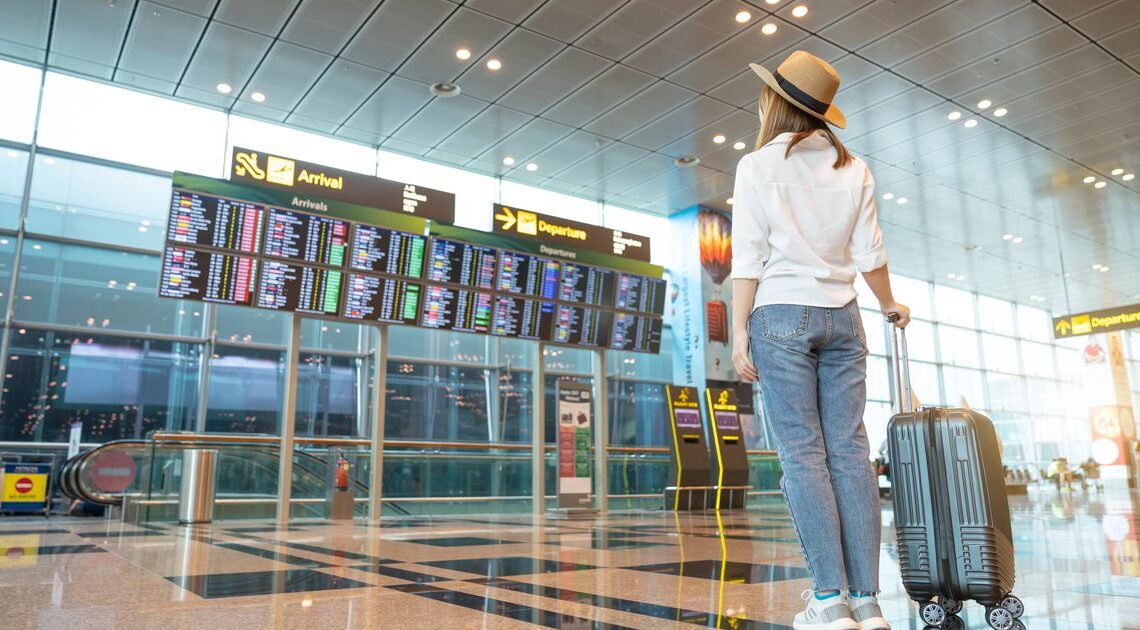Many of us have been there: You start out planning a trip full of excitement, only to deflate with each flight search. You notice that the flight prices are soaring higher and higher and that excitement you initially felt has transformed into exasperation at the price tag.
The cost of traveling and travel demand has rapidly increased as people are taking the trips they reserved earlier in the pandemic. As a result, many resort to shortcuts to save some cash. One of those hacks is a method called “skiplagging.”
“Skiplagging, also known as ‘hidden city ticketing,’ is a tactic used by some travelers to save on airfare. It involves booking a flight with a layover in the intended destination and then not taking the second leg of the journey,” explained Sean Lau, founder of the travel blog LivingOutLau.
Sounds pretty smart in theory, right? You saved money and still got a direct flight to Paris! But there are a number of factors you should keep in mind before you take this approach. Below, experts break down why.
Skiplagging violates airline policies and could get you banned.
Anton Radchenko, an aviation law expert and the founder of AirAdvisor, warns against trying this trend. If you read the fine print of the terms and conditions of any airline policy, you will realize that skiplagging is technically a breach of the airline’s “contract of carriage,” which outlines the rights, liabilities and duties of both parties. In fact, in 2019, Lufthansa airlines sued a passenger who didn’t show up for the last leg of his journey and sought $2,385 in compensation.
You could also get banned from the airline in the future. “Airlines also have the liberty to ban any travelers from their airlines. While skiplagging is not illegal, it is a breach of contract, and passengers risk this possibility,” Radchenko said.
It may invalidate any travel insurance you purchased.
According to Radchenko, insurance companies only cover circumstances that are outside of a passenger’s control, such as flight delays, cancellations or lost baggage.
Suppose a passenger voluntarily misses a leg of their flight. In that case, the insurance may not cover any resulting costs because it is a result of their own actions and not an unforeseen event. In the event of an unanticipated situation in the layover city or a medical emergency, you may not be covered by the insurance since you didn’t officially book a ticket to that location.
You may encounter luggage or schedule…
Click Here to Read the Full Original Article at Travel – Top Destinations, Vacation Ideas…
